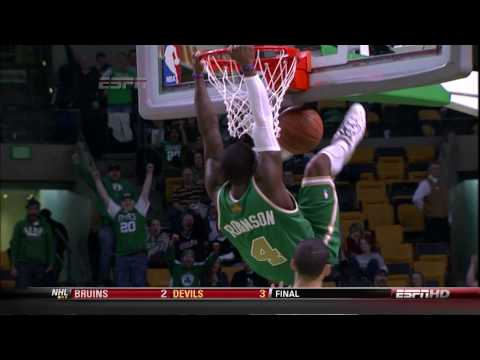There is no easy way to move on from a franchise quarterback in the NFL. First, a franchise quarterback is essentially needed to compete for a title. The position is too important, perhaps the most important single figure in team sports. If that player is no longer viable as a cornerstone, two other factors come into play: moving on from a sales and team interest standpoint. As well the needs to for a replacement that is just as good or has a higher ceiling moving forward. If not, what is the team even doing when it decides to move forward?
This is the backdrop set for the New Orleans Saints entering the 2016 NFL season. They are led by veteran Pro Bowl quarterback Drew Brees. Brees has been in the league for 15 seasons and has been a stellar, exemplary, elite quarterback, or whatever other praise driven adjective you wish to use. He has led New Orleans to a Super Bowl title and is a first team All-Pro and nine-time Pro Bowler. He has been named Walter Payton Man of the Year, Offensive Player of the Year twice, Super Bowl MVP and Comeback Player of the Year twice. Comeback POY, twice? Maybe I shouldn’t be even considering writing this guy off one last time.
And that’s just the point, Brees is surely heading for the end of his career, but he is still really, maybe even elite level good. He led the league in passing yards just last season and is one season removed from leading the NFL across the board in attempts, completions and yardage. Yet he is 37 years old and is entering the final year of his albatross contract that will pay him $30 million against the New Orleans salary cap this season. It is the largest cap hit of any player in the sport by nearly $6 million, and you know that no organization likes being in this position one bit.
That contract has hamstrung the organization a little bit in recent years. As the Saints were forced to shed useful players along the offensive line and rework their defense, Brees sat there, collecting increasingly more money each and every season, culminating in this $30 million payday. That’s not to say Brees was in the wrong to sign such a deal; of course that is not the case. But it does lead to an interesting dilemma moving forward. Even after the Saints play 2016 with roughly 18-20 percent of their cap going to one player, then comes the aforementioned decision of what to do at the quarterback position moving forward.
The Saints will not be able to or want to offer Brees a contract similar to what he’s currently being paid. Do they offer him a huge pay cut to stay and risk alienating him? Do they extend him a longer number of years than they would ordinarily wish to get beyond the per-year decrease? Do they simply move on and wish him well but without an evident replacement in-house? If they do the “right thing” and bring him back, how long could that set the team back once his inevitable decline settles in?
With a widely perceived weak defense, an aging roster combined with an attempt at rebuilding, New Orleans is going to have a hard time competing for another title this year. But because of the situation at quarterback, it may be its last chance with this regime in place. It will be hard for fans to stomach losing Brees to another franchise, but it’s feasible that things could end up being worse is if they don’t.
Add The Sports Daily to your Google News Feed!
